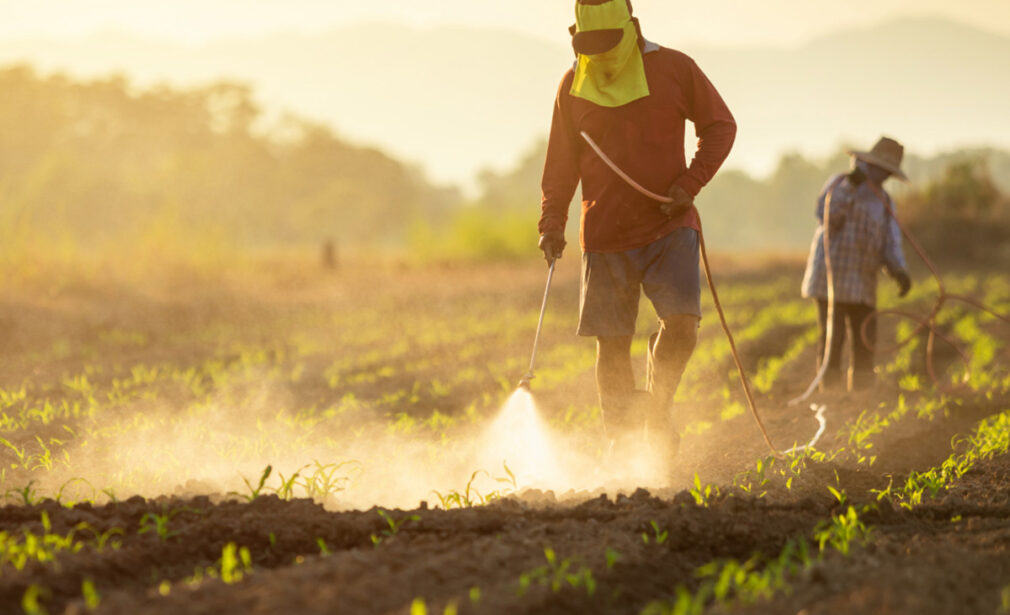Tiger Agriculture's Soil Fertilization Practices: The Key to High-Quality Agricultural Products
Soil fertilization is a vital part of agricultural production, directly affecting the growth and development of crops and the stability of yields. As an agricultural enterprise driven by technology and innovation, Tiger Agriculture is committed to improving soil fertility and ensuring the quality of agricultural products through advanced fertilization technologies and sustainable practices. This article will explore Tiger Agriculture's strategies and practices in soil fertilization and its role in sustainable agricultural development.
Fertilization Strategies and Technologies Tiger Agriculture uses a variety of advanced fertilization strategies and technologies to maximize crop yields and quality:
Precision fertilization technology: Through soil analysis and smart agricultural solutions, the nutrient content in the soil is accurately determined to achieve personalized fertilization plans. This includes regular monitoring of soil health and adjusting the amount and type of fertilizer according to the crop growth stage to ensure that crops get the nutrients they need while reducing nutrient waste.
Organic fertilizer application: Tiger Agriculture actively promotes the use of organic fertilizers, such as compost, green manure and other fertilizers from natural sources, which are rich in organic matter and microorganisms, can improve soil structure and maintain soil fertility, and help improve crop disease resistance and nutritional value.
Integration of biotechnology: Use biofertilizers and biohormones, such as nitrogen-fixing bacteria and phosphate-dissolving bacteria, to promote nutrient cycling in the soil and plant growth, reduce dependence on chemical pesticides and synthetic fertilizers, and thus reduce environmental impact.
Commitment to sustainable development Tiger Agriculture not only focuses on crop yield and quality, but also strives to promote sustainable development of agriculture:
Resource conservation: Through precision fertilization and water resource management, water resources are used effectively to reduce water waste and the risk of soil erosion.
Environmental protection: Reduce the use of chemical pesticides and synthetic fertilizers, protect soil ecosystems and water quality, and maintain ecological balance.
Community support: Work with local farmers and communities to provide training and technical support, improve farmers' planting skills and production efficiency, and promote local social and economic development.

